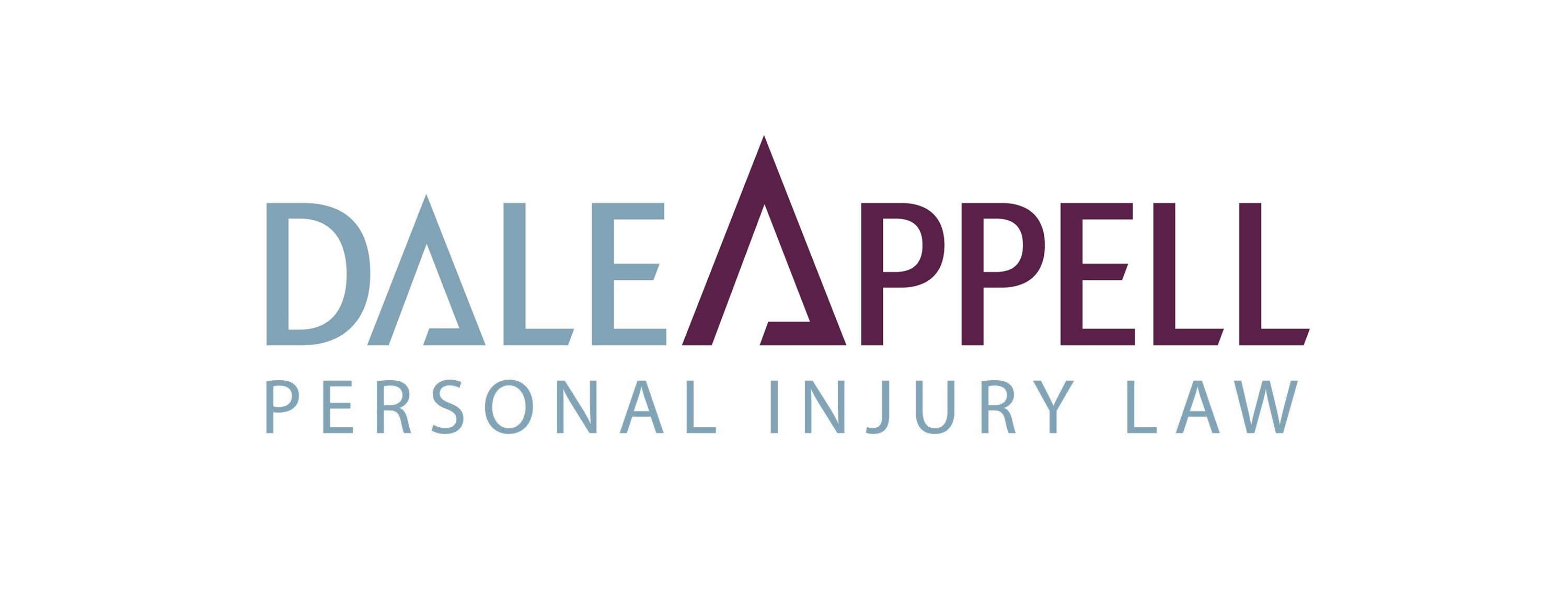
What You Should NEVER Say To Your Insurance Company

The old saying of “think before you speak” is never truer than when you speak to your insurance company about a claim. What you say to an insurance adjuster can affect the outcome. Read below and you’ll know both what to think and what to say for the best possible outcome.
Lying or misrepresenting the facts is of course insurance fraud. Fraud can result in your claim not only being delayed or denied, it can also result in criminal prosecution. Don’t do it. But you have every right to use the best words to describe your claim of loss or damage so that your claim will be properly reviewed and processed.
Here are the most common ‘incorrect words’ which could slow down or jeopardize your claim. From the insurance company’s perspective, these words can paint a picture of a claim that should be denied.
FLOOD
Homeowners often use the word, “flood”, to describe water damage to their home without giving the word much thought. But when used incorrectly, the word “flood” can trigger an adjuster to deny your claim because flood damages are generally not covered under a standard home insurance policy. To an insurance company, ‘flood’ means water coming in from a nearby stream, lake, river or other body of water. Flood does not mean a foot of water in your home caused by faulty plumbing. So while “flood” damage won’t be covered, a foot of water inside your home caused by an interior pipe burst will be. While this may seem like a minor distinction, your insurer has a very narrow definition of the word “flood,” so be careful.
It’s best to understand your policy and what it does and doesn’t cover before calling the insurance company to make a claim. Before calling the insurance company, consider actually reading the relevant parts of your policy and/or call a lawyer. Consider yourself forewarned of the benefits of being informed before picking up the phone to call your insurance company.
EXPERIMENTAL
Avoid using terms such as ‘experimental’, ‘investigational’ or ‘clinical trial’ when you need medical treatment. Just because it isn’t common practice doesn’t mean these terms apply to it. Plus, health insurance companies typically refuse to cover treatment that falls into that category. They will cover treatments that are medically necessary and proven effective.
IN MY OPINION
Stick to the facts and don’t offer your opinion. For example, after a car accident, it is difficult for people to provide an accurate recall of the event for things such as the speed and flow of traffic. Keep to the facts and only speak about facts that you are certain of. It’s much better to say “I don’t know” or “I don’t recall” than to venture a guess that can be held against you later.
“SORRY!”
Without sounding insensitive, try to avoid saying, “I’m sorry” because it can be interpreted as an admission of fault. In most car accident aftermaths, all the facts are not immediately known. Do not interpret or theorize about who’s at fault. Insurance companies will use all the leverage they can to avoid paying out on a claim so, again, stick to the facts and only those you know for certain. Lastly, don’t talk ‘on the record’ to the other party’s insurance company. You are under no obligation to engage in a recorded conversation with the other party’s insurance company after an accident. With your own insurance company, you might have to eventually speak “on the record”, but consider having a lawyer on the phone with you during the conversation.
WHIPLASH
Both whiplash and whiplash-associated disorders represent a wide range of injuries to the neck caused by a sudden distortion of the neck. Insurance companies often associate the term with exaggerated, fraudulent or minor claims. Don’t self-diagnose your issues. Rather than use medical terms to describe your injuries, stick to describing how you feel. Let the doctors involved in your care speak with the insurance company either verbally or through their medical records.
And in general, the less you say the better when it comes to insurance claims. When you do speak, make sure what you say is accurate. Be pleasant with the adjuster. But also remember that a friendly adjuster is not your friend. They have a job to do, which includes trying not to pay your claim.

